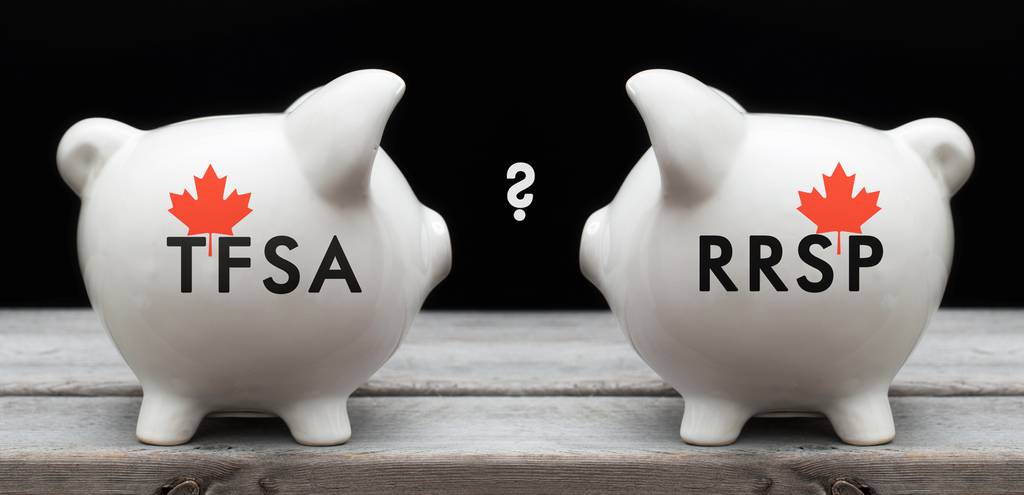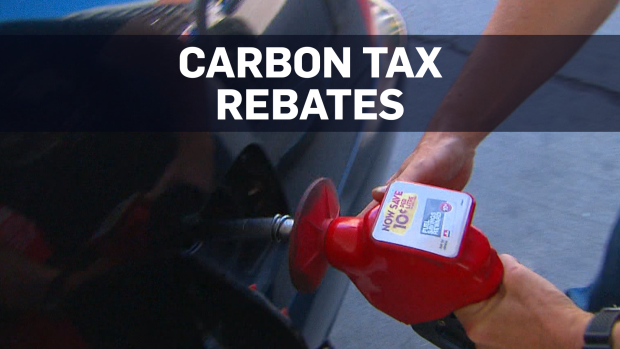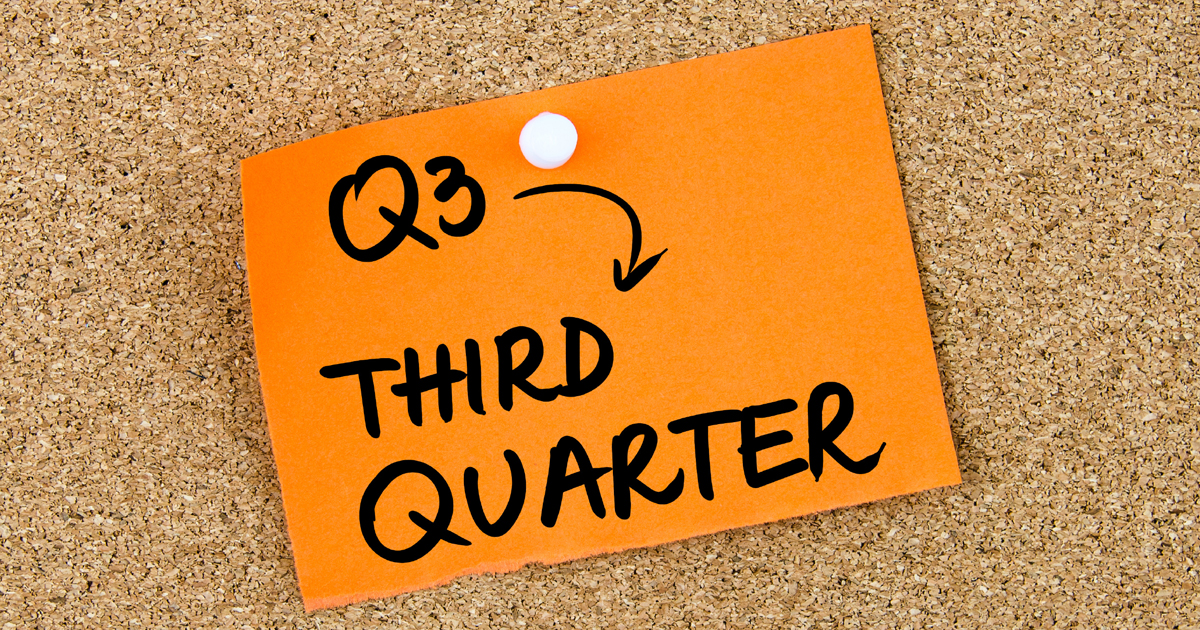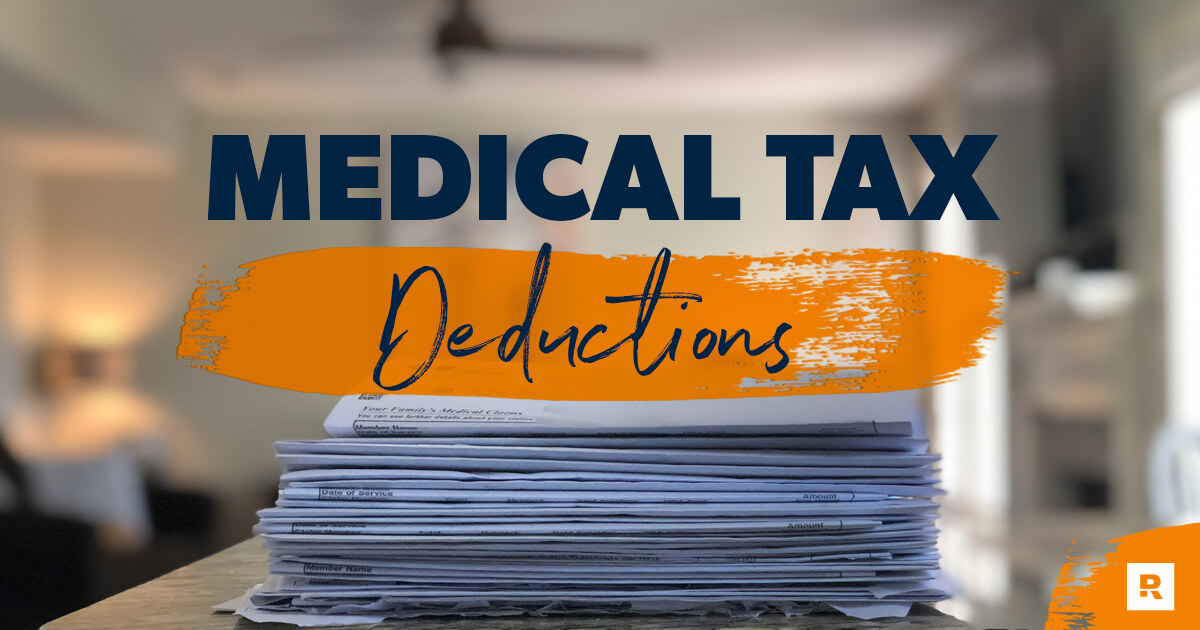It has been nearly five years since the start of the pandemic, and the work-from-home arrangements which became a necessity during that time have now become a choice for employers and employees.
Newsletter - Page 6 of 33 - Akler Browning LLP
For most Canadians, the subject of making RRSP or TFSA contributions, or making RRIF withdrawals, isn’t usually top of mind at year-end. Most Canadians know that the deadline for making contributions to one’s registered retirement savings plan (RRSP) comes 60 days after the end of the calendar year, around the end of February, but relatively few are aware that in some circumstances an RRSP contribution must be (or should be) made by December 31, in order to achieve the best tax result.
For most Canadians, tax planning for a year that hasn’t even started yet may seem premature or even unnecessary. However, most Canadians will start paying their taxes for 2025 in less than two months, starting with the first paycheque they receive in January.
Canada’s income tax system is a self-assessing one, in which residents of Canada are expected (and in most cases, required) to file an annual tax return in which all sources of worldwide income are reported, and the amount of tax owed on that income calculated and paid.
While the need for charitable donations for any number of causes is a year-round reality, appeals for such donations tend to increase as the holiday season and the end of the calendar year approach.
Residents of the eight Canadian provinces in which the federal fuel charge (more commonly known as the federal carbon tax) is levied are entitled to claim and receive the federal Canada Carbon Rebate (CCR).
The Old Age Security (OAS) program is one of the two major federal benefit programs available to older Canadians – the other being the Canada Pension Plan (CPP).
In the 2024-25 Federal Budget released earlier this year, the federal government announced changes to the rules which govern mortgage lending in Canada.
Two quarterly newsletters have been added – one dealing with personal issues, and one dealing with corporate issues.
While the current state of the Canadian health care system is far from perfect, Canadians are nonetheless fortunate to have a publicly funded health care system, in which most major medical expenses are covered by provincial health care plans.










